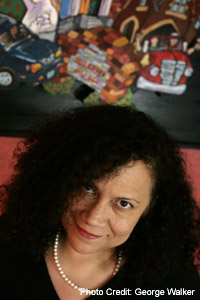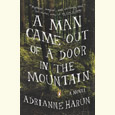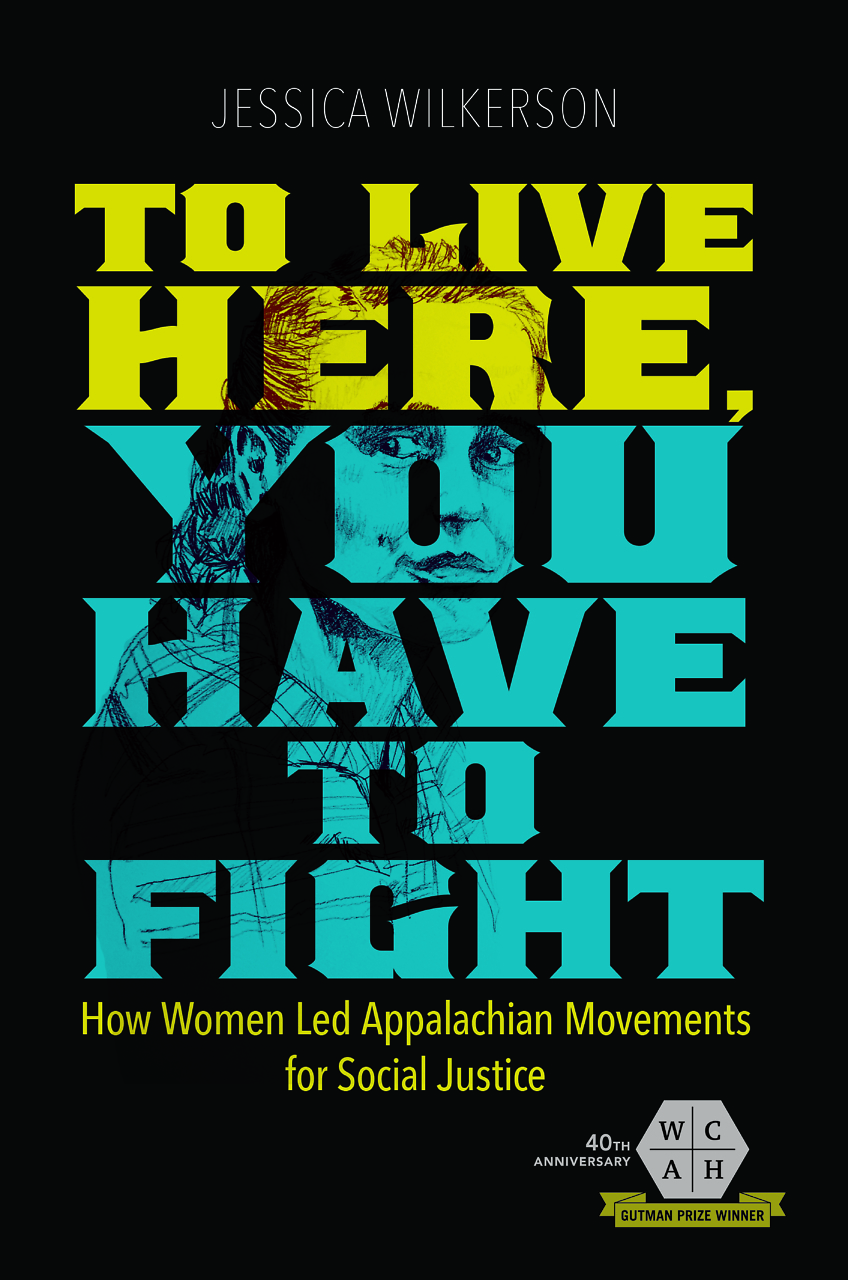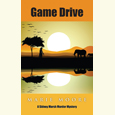Judging by the Content of Their Character
In her controversial new novel, Rebel Yell, Alice Randall dissects the apparent paradoxes of a black conservative
Abel Jones, Jr., the posthumous protagonist of Alice Randall’s Rebel Yell, is a tragic send-up of that all too unlikely character: the black conservative. Slightly younger than his real-life counterparts Shelby Steele and Clarence Thomas, Jones is, by turns, a Foreign Service officer, a CIA agent, a banker in Nashville, and, at his death, the George W. Bush Administration’s “Special Advocate” in the Pentagon, a fictional position that places Jones at the center of the run up to the Iraq War.
Jones’s death is no secret; Randall announces it in the first sentence of the first chapter. On vacation with his second wife, who is white, and her children, Jones goes into fatal allergic shock after getting too close to the horses at the Rebel Yell, a combination restaurant/Civil War reenactment show—think Medieval Times for the Blue-and-Gray set.
 It’s a particularly ironic way to go for Jones, whose father was a fiery civil rights attorney in 1960s Nashville. Jones is the apple that does, in fact, fall far from the tree—blessed with status and good timing, he is able to make his way through the post-segregation white Establishment with little racial baggage. He attends Harvard, and then slips seamlessly into the nation’s diplomatic and intelligence elite. Though labeled a conservative, Jones is hardly a firebrand; like Colin Powell or Condoleezza Rice, his conservatism is rooted much more in temperament than resentment. Seen from afar, he is the perfectly unencumbered man, leaping from success to success with seemingly no effort.
It’s a particularly ironic way to go for Jones, whose father was a fiery civil rights attorney in 1960s Nashville. Jones is the apple that does, in fact, fall far from the tree—blessed with status and good timing, he is able to make his way through the post-segregation white Establishment with little racial baggage. He attends Harvard, and then slips seamlessly into the nation’s diplomatic and intelligence elite. Though labeled a conservative, Jones is hardly a firebrand; like Colin Powell or Condoleezza Rice, his conservatism is rooted much more in temperament than resentment. Seen from afar, he is the perfectly unencumbered man, leaping from success to success with seemingly no effort.
Randall, the author of The Wind Done Gone (2001) and Pushkin and the Queen of Spades (2004), spends most of the book unpacking and complicating that first impression, primarily through Hope, Jones’s first wife. Hope is black, but the gap between her and her ex-husband is great: though she follows him to his first overseas deployment, in Manila, then later to Martinique, she doesn’t understand much about him, least of all his refusal to bask in the liberal glories of his late father.
The easy answer, which Randall offers but partially rejects, is personal and pseudo-Freudian: Jones hates his father, and his father’s cohort, because they refused to let him be simply a boy, and then a man. Not for nothing does Randall open the book with a prelude showing the Jones family, in 1963, rocketing south to Birmingham to attend the funeral for the four girls killed in the 16th Street Baptist Church bombing. Young Jones sees those girls—in fact, he is instructed by one of their mothers to see them—as unwitting victims in an adult’s reckless game.
Jones is hardly a firebrand; like Colin Powell or Condoleezza Rice, his conservatism is rooted much more in temperament than resentment. Seen from afar, he is the perfectly unencumbered man, leaping from success to success with seemingly no effort.
Jones’s father drafts him, without discussion, into the war of civil rights and then punishes him—even beats him—when he shows fear in the face of racism, like the time he wets his pants after Klan members set fire to a cross in his lawn. As a result, Jones “hated the people he trusted so much that he had no hate left over to hate the Klan.” His father isn’t brave, Jones decides; he is weak. Why else would he lean on a child to do a man’s job? “He would find the strong men,” Randall writes. “He would make all the weak people and all the vicious people and all the weak and vicious people pay.”
But that’s not the real answer, or at least not all of it. The rest comes in the form of Jones’s own son, Ajay. Semi-estranged from his father and living with his mother and her new husband, Ajay (short for Abel Jones IV) is the synthesis of his liberal mother and conservative father, of black pride and mainstream acumen. “Abel’s nature nurtured by Hope and Waycross [her husband] created a fine chiseled bronze boy with neat dreads, old-school manners, and vocabulary that ranged from a’fuck to xenophobia,” Randall writes. Ajay celebrates his blackness, even as he moves smoothly into, around, and out of white culture. He is, Hope realizes at the end of the book, less like his father than another post-civil rights black public servant, Barack Obama, “a man from the other end of Abel’s universe.”
Jones, on the other hand, cannot reconcile the dazzling complexities of his personal and collective past as a black man with the non-black world around him, an inadequacy he blames on his father’s generation. Once the world beyond the black South was open to him, he bolted, believing his only way to succeed was to sell out. “Abel would have been both shamed and inspired by the existence of a man who had done everything Abel thought could not be done,” Randall writes.
Ajay celebrates his blackness, even as he moves smoothly into, around, and out of white culture. He is, Hope realizes at the end of the book, less like his father than another post-civil rights black public servant, Barack Obama, “a man from the other end of Abel’s universe.”
As an indictment of black conservatives writ large, this is a tad unfair—after all, the corollary of King’s dream, that men and women should be judged not by the color of their skin but “the content of their character,” holds that those same men and women can decide for themselves what role skin color plays in their own personhood. As a story about one particular man, however, Rebel Yell is convincing; Jones, though dead, is very much alive in the book, and though her writing can at times veer toward cliché, Randall manages to construct a portrait of the man in full.
But the real importance of Rebel Yell is as a critique aimed somewhere between the personal and the collective. Randall isn’t looking to tear down one man, nor is she content with sawing off a mere branch of the black political spectrum. What she delivers is nothing less than a report on a sentiment that most blacks of the post-civil rights era likely—though few as baldly as Jones—silently entertain: the urge, in the face of the residual power of white America and the open hand it offers to blacks, to turn one’s back on his past, to decline the challenge of straddling one, two, many cultures.
With Obama now offering a light out of that particular tunnel, Randall’s book could not be better timed. Rebel Yell should be heatedly debated by both blacks and whites. If it is, Randall will have done more than write a good book—she will have contributed significantly to the next chapter in the saga of black America.


